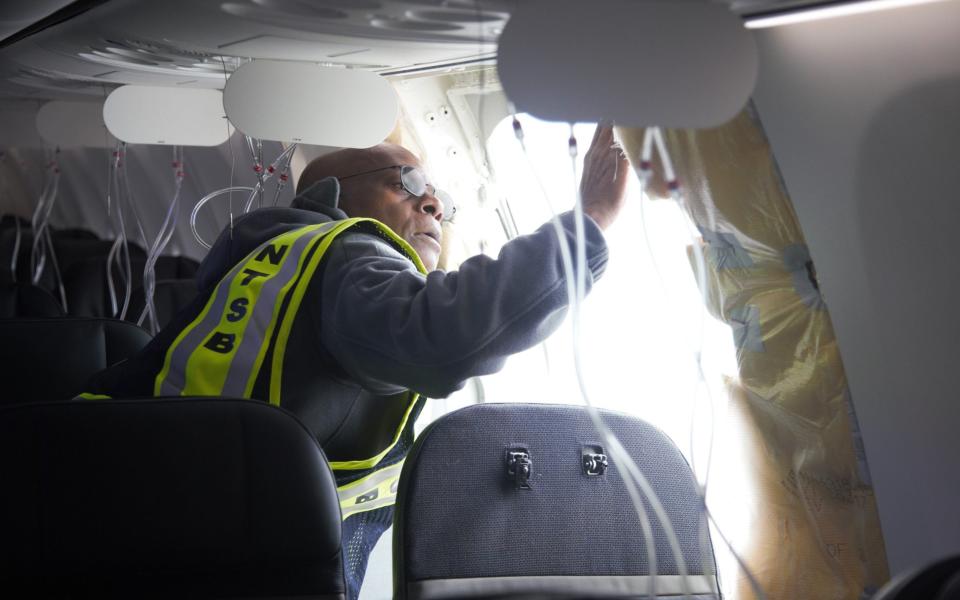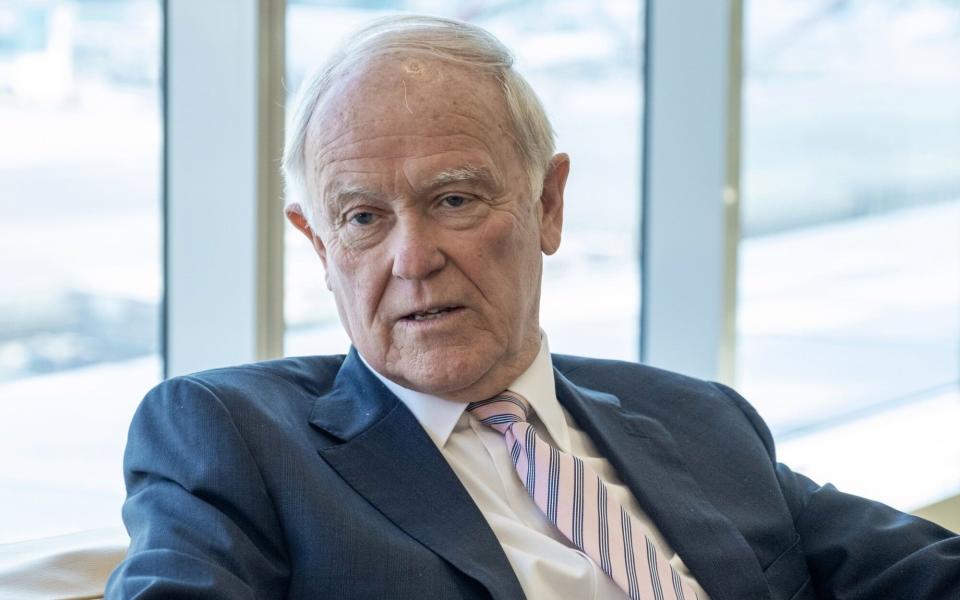Boeing safety crisis has been brewing for more than a decade, Emirates boss says

The safety crisis gripping Boeing has been brewing for more than a decade, the boss of the world’s biggest international airline has claimed.
Sir Tim Clark, president of Emirates, said the aerospace giant’s issues can be traced back 10 to 15 years to when he claims they began to focus on profits rather than focus primarily on engineering excellence.
A push to extract cost cuts from suppliers and outsource work that Boeing had previously undertaken in-house came back to haunt the company in the blow out of a faulty door panel from a 737 Max plane in January, he said.
Speaking on Sunday at the International Air Transport Association (IATA) conference in Dubai, Sir Tim said that Boeing had had no good reason to ruthlessly pursue cost cuts which he claimed threw its supply chain into turmoil, particularly as it was embarking on construction of the new 787 Dreamliner at the time.
He said: “Boeing’s governance model became more focused on the Plc demands and all the financial metrics, the results of which we are now facing. At the time they probably thought they could do wonderful things, cost cutting, efficiency.
“But if you spend 10 or 15 years trying to strip out from your supply chain it’s likely things will start to happen in terms of quality issues. You cannot take your eye off the ball in our business. Certainly manufacturers cannot do that. Finance is not difficult. Engineering is.”
The incident in January involving an Alaska Airlines plane flying at 16,000 feet triggered a investigation by the Federal Aviation Administration (FAA). It has since capped 737 build rates, installed officials on the production lines of Boeing and its suppliers, and ordered the manufacturer undertake a root and branch overhaul of quality control procedures.

Boeing’s chief financial officer Brian West admitted last month that its customers had been left “frustrated and disappointed” by the production issues.
Sir Tim said in around 2011 he expressed his concerns about Boeing’s work being “farmed out all over the world” and a drive to reduce supplier costs by 15pc.
He added: “I did say be careful of this. You have a dynastic workforce and they will deliver. And then we saw the pressure on the supply chain. The suppliers came to us and said we can’t do this. And so it went on.”
He warned that the global aviation industry now faces a five-year hiatus while Boeing addresses its shortcomings.
Issues within the supply chain are also having a knock on effect on Airbus, which is seeing assembly lines in France and Germany impacted as a result, Sir Tim said. Some suppliers are also directing their efforts at military contracts, where demand has been spurred by the war in Ukraine, further adding to the strain on civil aircraft production schedules.
He said: “The message to Boeing is absolutely crystal clear. Whether it be from the FAA, the National Transportation Safety Board or the American government, they must get their production capability and their quality issues sorted out.
“They need to step back and ask ‘what did we get wrong over the last 10 or 15 years and ask how are we going to address that?’ If they do that the whole process is salvageable, fixable, and we can get things back to where they need to be.”
Sir Tim said that Boeing should have grasped the nettle following two fatal crashes involving the 737 Max plane, which occurred after software installed by the company interfered with the ability of pilots to fly the aircraft. The Max was grounded for almost two years while Boeing fixed the problem.
He said: “After the Max they said it was never going to happen again, and then the door blew out. Safety should be Instilled in this business given what we are doing. For me that was axiomatic. It never occurred to me that they would do anything else.”
Last month the US Department of Justice filed a case accusing Boeing of breaching its obligations in a 2021 agreement that shielded Boeing from criminal prosecution over the crashes, following the Alaska Airlines incident.
A spokesman for Boeing said it would engage with authorities, adding: “We believe that we have honoured the terms of that agreement and look forward to the opportunity to respond to the Department on this issue.”

 Yahoo Finance
Yahoo Finance 